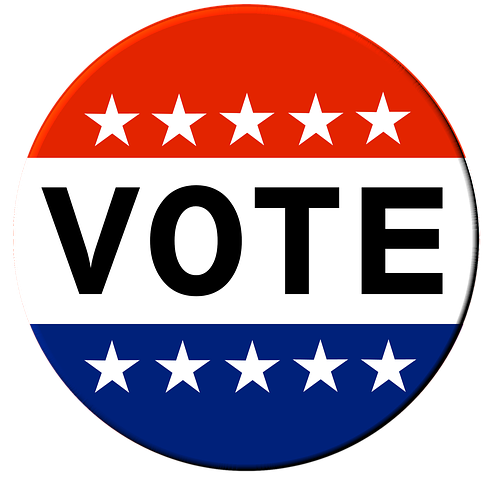Comments
From current election rules, each voter owns one ballot and is free to choose from candidates. The problem of the 1 or 0 vote causes inconsistency to their willingness and their ballot numbers. For instance, in the election, there are 2 candidates, X and Y. Voter A prefers X more than Y by 1%, so he/she votes for X. Voter B prefers Y more than X by 100%, so he/she votes for Y. The result is that X and Y both get one vote which means the preferences of the voters are not well measured in the current electoral system.
In economics, there is a term called Reservation Price as a measurement of the highest that a customer is willing to buy for that cost. Applying the Reservation Price to the ballot, It can differ voter by their preferences and willingness to support the candidates. A possible action is to ask voters to pay a price to vote for particular ballots. To avoid the rich dominating the election, the fee or the purchasing price of the vote will come from each individual's payable tax. The voter will be asked to choose from voting 1 to 100 votes, whereas each vote carries a cost of 1% of tax payable. That means, if the voter strongly supports the candidate, he/she may choose to vote 100 ballots by paying 100% of tax payable in addition to the tax paid. This method distinguishes and weights the willingness and preferences of voters so that the result of the election can be more plausible.
Interesting idea however it presumes people are voting with good intentions eg for what they believe is in the national interest. It doesn't cover the problem of giving even more power to vested interests.
Thanks for your comment. I agree that a number of people are not voting for what they think is the best to the nation, and sometimes make irrational choice. Therefore, the idea of incurring cost on voting maybe a barrier or resistance to them, to encourage them to make a rational decision. When people have to pay for what they have, no more "take it for granted" so that I believe they will think before act.



 IdeaSpies
IdeaSpies


 Jonathan Chrimes
Jonathan Chrimes